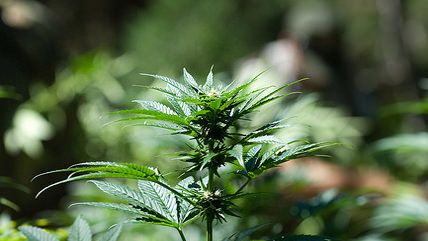Local Rules
Municipal marijuana legalization

On Election Day 2013, voters in Maine's largest city and three Michigan municipalities approved measures eliminating local penalties for marijuana possession or legalizing its use on private property in their jurisdictions. The Michigan cities included the state capital, Lansing, as well as Ferndale and Jackson; they join several others in the state, including Detroit, that have passed similar initiatives.
The Lansing measure, which passed with 62 percent of the vote, actually amends the city charter to legalize the possession and use of marijuana in amounts up to an ounce. Lansing Mayor Virg Bernero supported the initiative, saying the "public is far ahead of most politicians on this issue," while Councilwoman Kathy Dunbar called the initiative a "feel good" exercise, explaining that "we follow state law in the city of Lansing." Michigan's attorney general, Bill Schuette, says he will continue to enforce existing law, irrespective of how Lansing or other cities vote or have voted.
Ferndale's measure, by contrast, was opposed by the city's political establishment, but it passed by an even bigger margin, with 69 percent in favor. Jackson's initiative received 61 percent of the vote. Local police in these jurisdictions will still be able to make marijuana arrests under state law, but they will also have to send any proceeds from asset forfeitures to state authorities.
In Portland, Maine, meanwhile, the legalization initiative passed with 67 percent of the vote, but Portland's police chief said the vote won't change how the law is enforced. The police didn't prioritize small-scale possession anyway, he says, and will still issue citations for possession under state law when they feel it's necessary.


Show Comments (2)